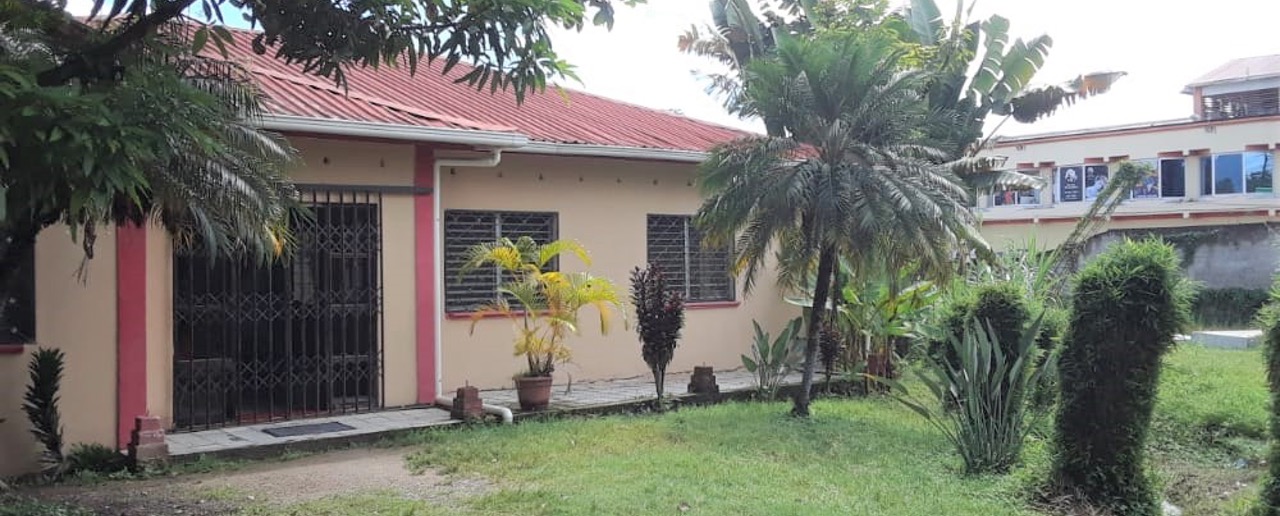Clinic-Based Services
Medical Care
Our dedicated clinicians and staff see members 6 days per week. Our programs adhere to all Honduran government protocols for treating over 500 patients with HIV. The Honduran government provides the antiretroviral medications and some discounted laboratory tests. US HIV specialists help evaluate especially complicated members in consultation with their Honduran peers. Our clinics are a major primary health care provider for over 1,200 HIV-negative residents living in their vicinity. We treat children and adults for infections, chronic diseases, and injuries.
Daily Nutrition and monthly food support
Free meals are provided at each clinic to combat the hunger many of our members face daily. At the clinics, we grow fruits and vegetables, raise chickens, and cultivate fish. We send our most impoverished members home with monthly food baskets. Adequate nutrition is crucial to HIV treatment because many antiretroviral medications must be taken on a full stomach to avoid side effects.
Laboratory
The San Pedro Sula clinic hosts a laboratory including one of the country’s two viral load machines and a CD4 count analyzer to track the health of our HIV-positive members. We exceed the UNAIDS goal of achieving non-detectable viral loads (an indication that the person is not infectious) in over 90% of our members. The lab provides support to the Honduran government clinics as needed.
Support groups and therapy
Siempre Unidos staff facilitate monthly support groups at two clinic sites. Meeting topics range from the biology of HIV and other diseases to employment-based discrimination and loneliness. Many of our members have met for years and formed valuable friendships.
Three therapists and a social worker provide individual, couples, and family therapy upon request and/or recommendation by the clinical staff.
Home Visitation
Four Siempre Unidos outreach workers visit new members in their homes when they initiate care and return if nutritional, emotional or adherence-related problems are identified. Every member is visited at least one time per year.
Educational Stipends for Children
Because people living with HIV face employment discrimination, many of our members cannot afford to send their children to school. A California teen started a scholarship program in 2009 that continues to cover the cost of school supplies, uniforms, backpacks, and books for five girls through high school. The program’s graduates hold positions in accounting and sales ensuring them economic independence and hopeful futures.



